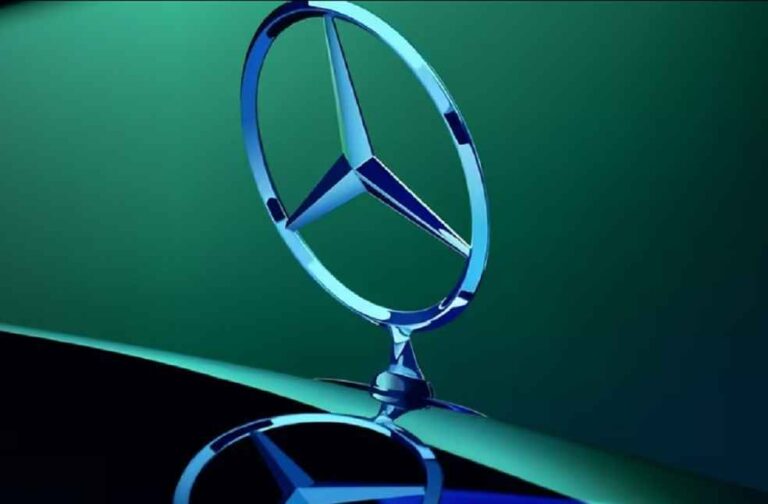Mercedes-Benz, once a proponent of a bold shift towards an all-electric lineup by 2030, has tempered its stance in light of evolving market conditions and technological hurdles. This strategic pivot, moving away from a commitment to sell only electric vehicles (EVs) within the next decade, aligns with a wider industry recalibration on the pace of electric mobility adoption. This adjustment speaks to a more nuanced understanding of the automotive landscape, acknowledging the variance in global market readiness and consumer appetite for EVs.
Stratagic Shifts Signals Industry-wide Reassessment
Initially, Mercedes-Benz’s declaration to transition fully to EVs underscored its leadership in pushing towards sustainable mobility. However, recent insights shared in its quarterly financial disclosures reveal a more pragmatic approach. The luxury carmaker now projects that EVs will represent merely half of its sales by 2030, highlighting the continued relevance of gasoline and hybrid models in its future strategy. This recalibration reflects an acute awareness of the multifaceted challenges facing the shift to electric mobility, from infrastructural deficits to consumer hesitancy.

Confronting the Realities of Electrification
The adjustment in Mercedes-Benz’s strategy illuminates the complexities of aligning electrification ambitions with actual market dynamics and technological progress. The firm’s acknowledgment that the transformation’s tempo will be dictated by market forces and consumer preferences underscores the diversity of challenges across different regions. This includes disparities in charging infrastructure, regulatory environments, and the economic considerations of potential EV buyers.
Industry Trends Towards a Electrification Path
Mercedes-Benz’s updated outlook is reflective of a broader trend within the auto industry towards tempering expectations around the speed of transition to electric mobility. This industry-wide pause for thought is evident in the strategic adjustments of other key players, including Tesla, GM, Ford, Rivian, and Lucid, each grappling with their own set of challenges in scaling electric vehicle production and adoption.

A Balanced Path to Electrification
Navigating through the complexities of advancing automotive technology and evolving market demands, Mercedes-Benz, along with its industry peers, anticipates a more gradual and considered approach towards electrification. The industry’s resilience, innovative capacity, and responsiveness to changing market conditions will be critical in shaping the trajectory of the electric mobility revolution.
GENERAL | Toyota Union Wage Talks: Key Test for Auto Leader Amid Global Shifts





